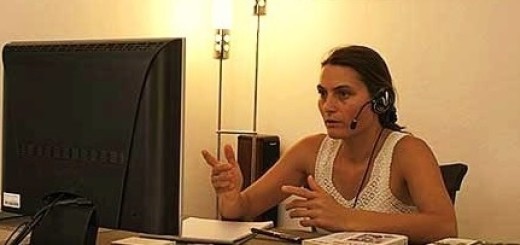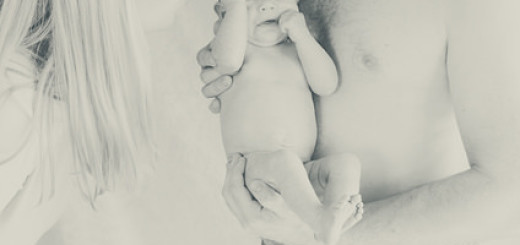How To Be Emotionally Present With Your Kids
Children thrive when they are surrounded by adults who are emotionally present.
Childhood Emotional Neglect
One of my followers wanted me to elaborate on how she can know if she is an emotionally present parent. I know there are quite a few such parents amongst you. I was hoping that this question would pop up. Thank you for asking.
Recently I published two posts. One was about what childhood emotional neglect is, how emotions are numbed as a result, which becomes quite dysfunctional as adults. Second is how to recover your emotions back and how to regain your sense of being alive.

The best sign you are an emotionally present parent is observing your child communicating freely with you about their emotions and the events in their lives.
When Are You Emotionally Present?
Another concept for being emotionally present is containing. As a parent you open space and hold that space for containing your child’s ups and downs. I will illustrate how it looks in practice through examples:
1) Let’s say your toddler is afraid of the dark.
You gently calm him/her down with sentences such as ‘We all go through phases in our lives when we are afraid of the dark, then we grow out of it.’ You get him speak about the specific aspects of this fear; maybe the fear is a monster or a thief. You think together ways of taming the monster or what he would say to the thief if there was a thief. In the meantime you would respect his need to be close to you in darkness or his need to have the lights on at night.
A parent who lacks emotional presence might say ‘There is nothing to fear, you are being silly.’ Even worse they might call him ‘a wimp’. They would switch the light off on purpose thinking that they are helping him to overcome the fear. Instead they are teaching him not to trust people to support him when he is emotionally vulnerable.
2) Your children are having one of their unending fights and they call out for your attention.
- You attend calmly and firmly, inviting them to see each other’s perspective.
- Without presence you, perhaps, throw a temper tantrum and come to the point of nervous breakdown. Children stop fighting because they are afraid of your reaction.
3) Your child is bleeding on the head.
Calmly evaluate the situation. You reassure her she is going to be all right whilst you take action to clean the wound and go to hospital.
Without presence you could lose your wits and start shouting at her for being hurt, or swear blaming other people rather than attending to the wound or going to the hospital.
4) Your child came from school very sad because her best friend turned against her.
You listen objectively without slightest judgment on your part for either party. You acknowledge her sadness and validate. You can normalise ups and downs between friends without trivialising or trying to solve.
Without presence you may start blaming either your child or her friend and start giving advice. She would feel totally misunderstood and regret having told you anything.
5) Your son shows how well he dives in the water.
You show interest and curiosity in what he does even if it is a bit worrying for you.
Without presence you may crush his pride in himself by getting agitated with worry and scold him for putting himself in danger and tell him to stop.
6) Your adolescent has confessed to smoking.
Tell him how pleased you are that he feels able to share it with you. Listen how he came to smoke and how he decided to tell you. If you listen without judgment he will continue talking about what he needs from you and you can help.
Without presence you may react as if you are disgusted by it; you make him feel guilty and rejected, to the point of disowning him.
The strong negative emotions in response to crises lead kids to close down and retreat to their internal world. The best sign you are an emotionally present parent is observing your child communicating freely with you about their emotions and the events in their lives.
By the way if you are interested in a self-study course, the Conscious Parenting Course might be just what you are looking for. Get in touch with me for the details.




